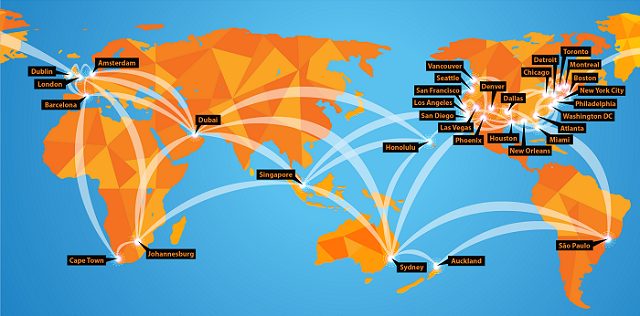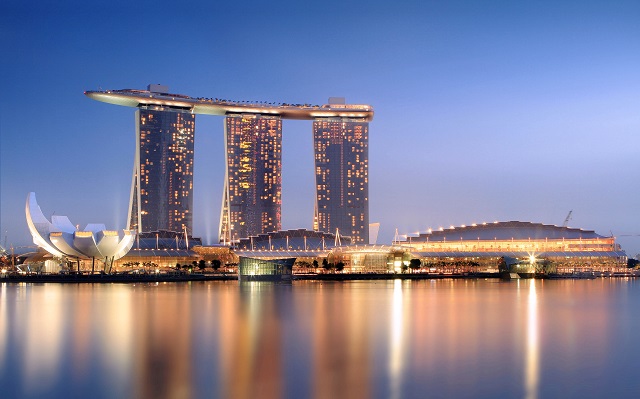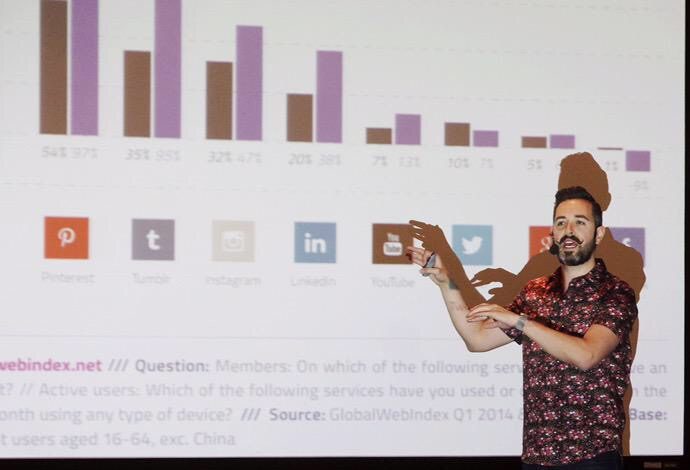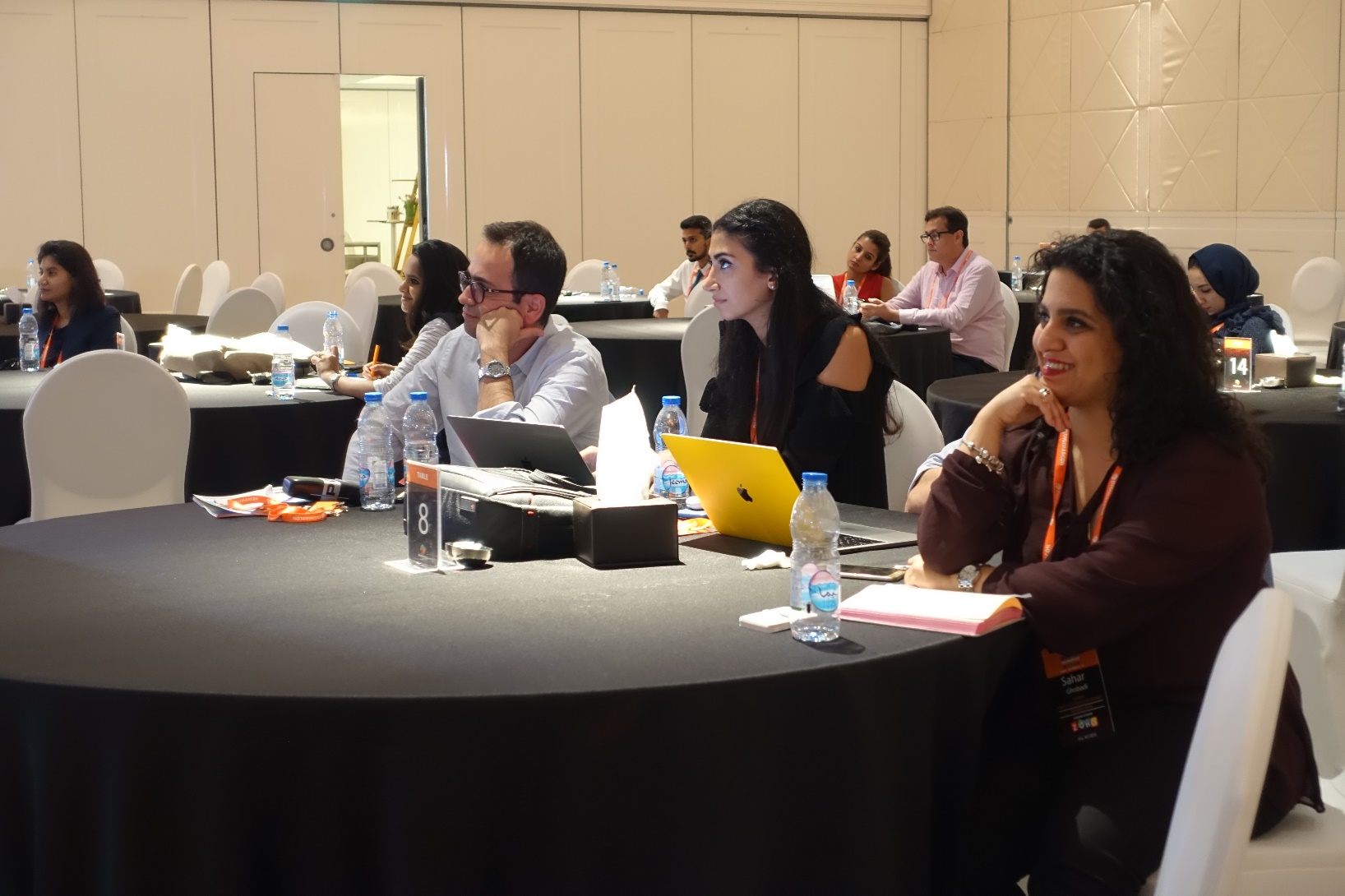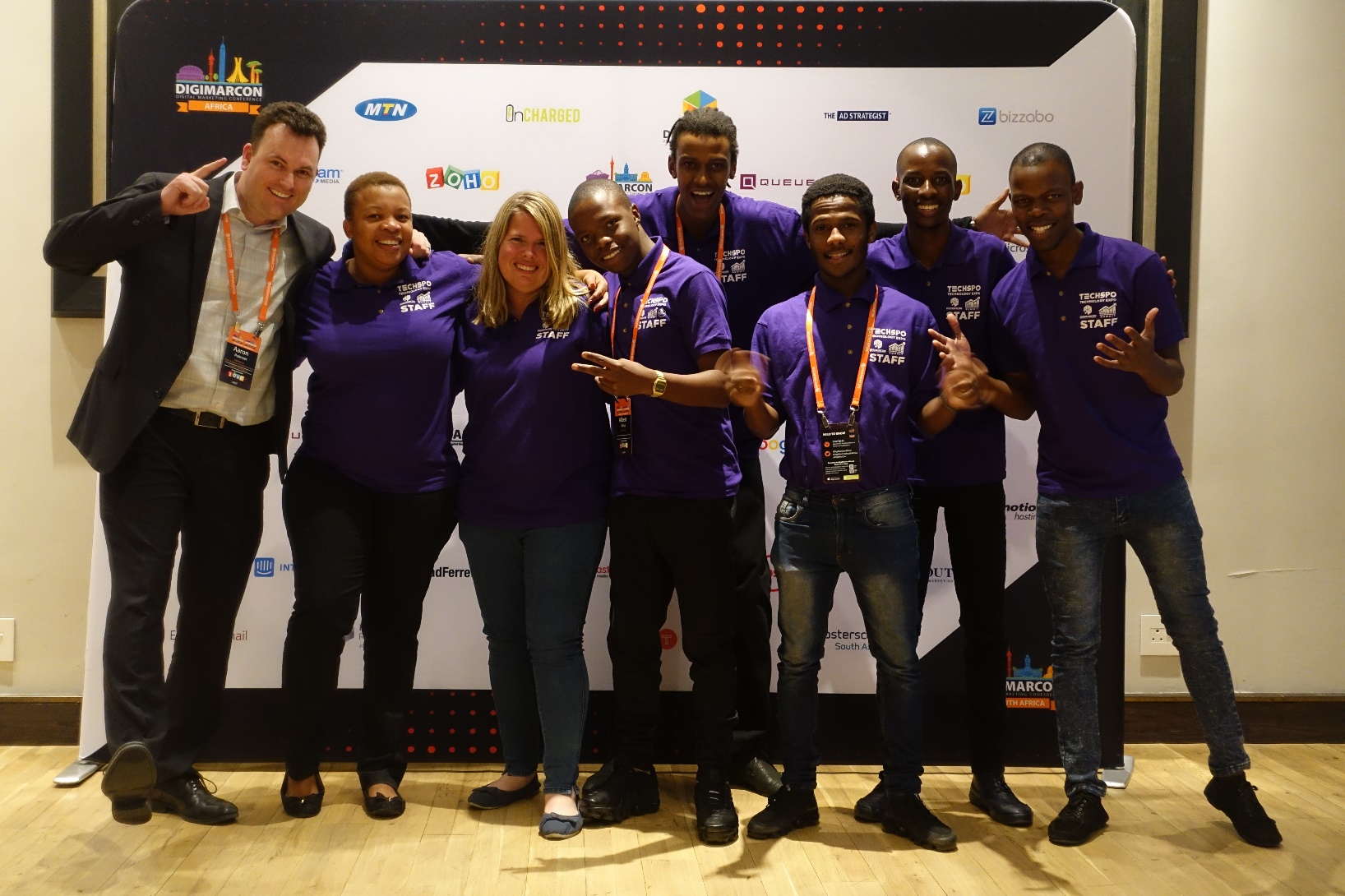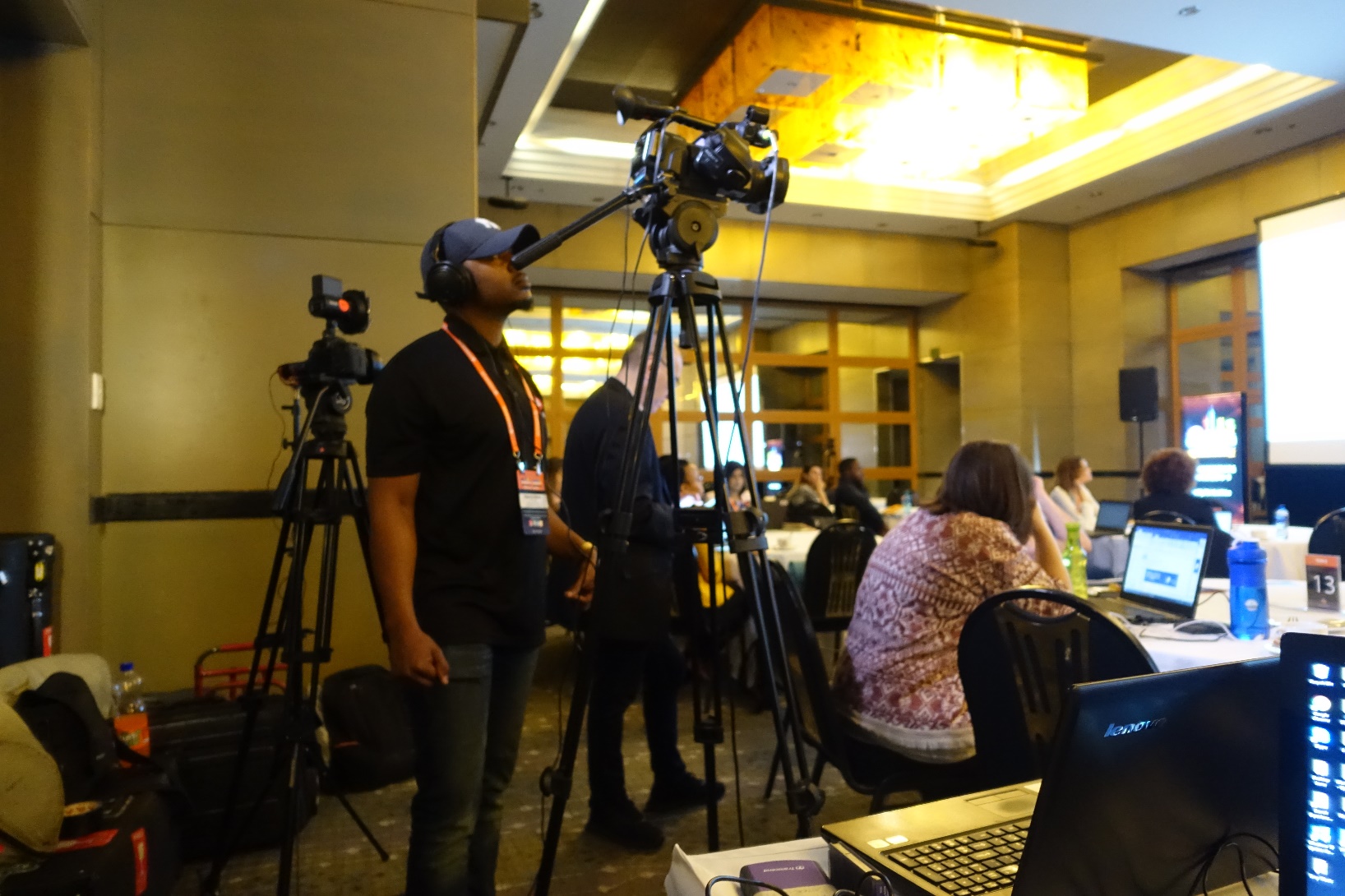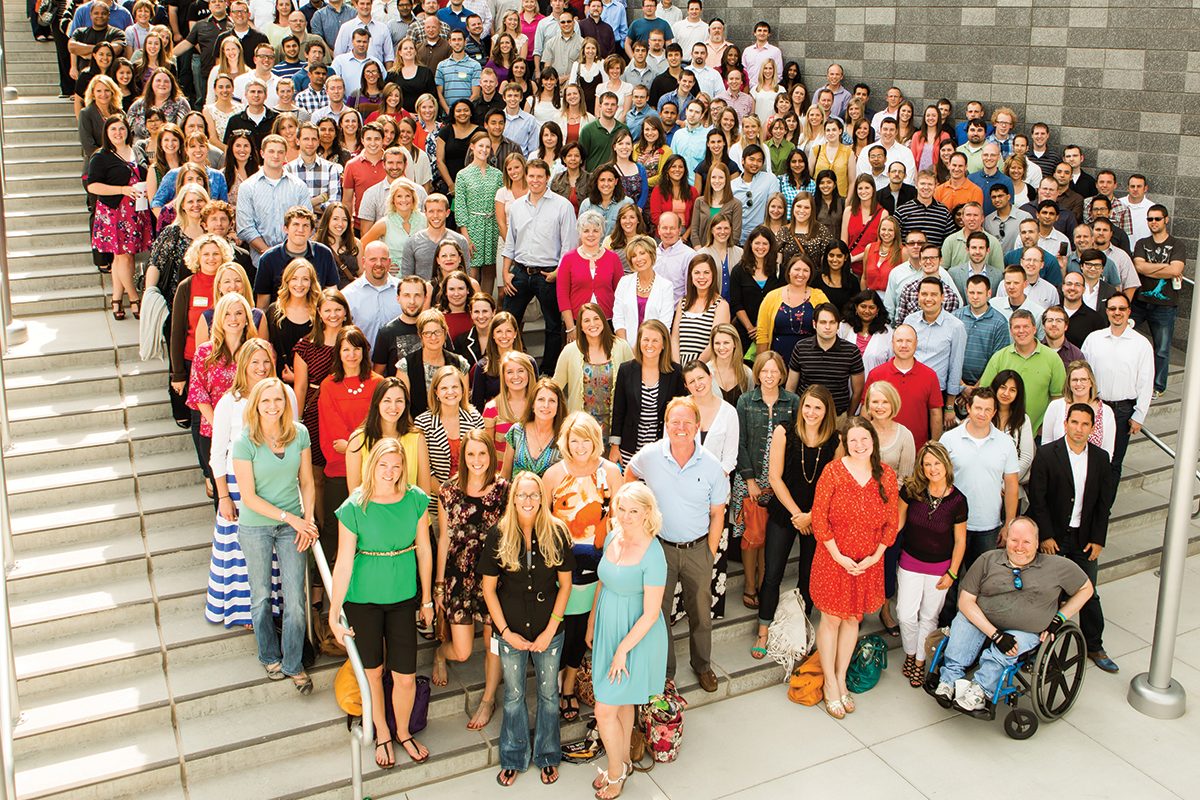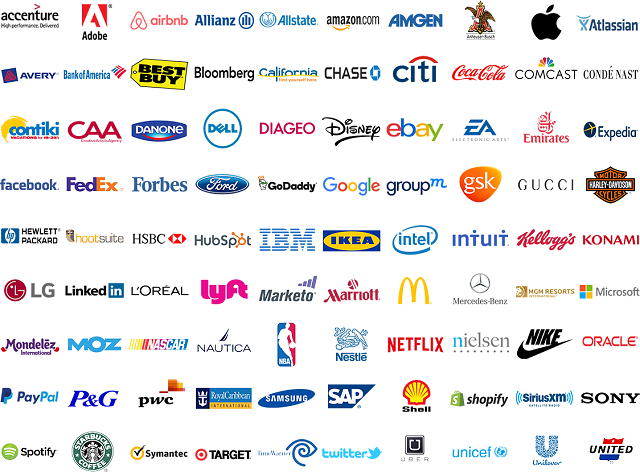Tips From @ChrisBrogan on How to Beat Dunbar's Number
The theory that we can only hold a finite number of stable social relationships has long been debated.
That number, estimated to be 150 by anthropologist Robin Dunbar, has created a widespread belief that the brain has a cognitive limit to the size of social groups it maintains.
Is there a cognitive limit to the number of connections we can navigate?
It’s a question that’s inherently complicated, looking at human brain physiology and human evolution (and we haven’t even gotten to the practical implications of technology and digital social networks).
Technology could mean that maintaining stable relationships is easier than ever. Or, the tsunami of networking potential could tip the scales in the other direction. Let’s analyze how Dunbar’s number stacks up in the modern era.
How to Network on Social Media
What is Dunbar’s number?
Dunbar’s number, theorized by anthropologist Robin Dunbar, is the number of stable social relationships a person can maintain simultaneously. He believed the maximum number is 150, which is why this is sometimes called the “Rule of 150.”
“The core of Dunbar’s number still holds an essential truth: the value of deep and meaningful connections,” shared Lachlan Brown, an expert in behavioral psychology.
So, how can a deeper understanding of psychological limits help us foster more profound and meaningful relationships?
Why Dunbar’s Number Matters
While learning that there’s a cap on our relationships may not feel inherently positive, there’s a benefit to understanding our limits.
Realistic Expectations
Managing your network starts with having realistic expectations. This makes nurturing and growing your network less intimidating and, ultimately, more successful.
While it’s the goal, a practical understanding of your network is not as easy to achieve as it might sound.
“I’ve interviewed and taken data points on networking from thousands of people. I’ve come to realize that most people have a false sense of their networks,” said Adam Connors, founder of NetWorkWise.
“Some feel that the 1,100 people they are connected with on Facebook or LinkedIn are their networks, and they are well networked or connected. On the other hand, you have others who don’t think they know many people at all. The truth is, it’s really somewhere in between, especially when you start getting more granular with your Spheres of Influence.”
Understanding Dunbar’s number and the different layers of your sphere of influence helps you set realistic expectations and successfully prioritize the vast relationships within your network.
Relationship Prioritization
Prioritizing relationships might have an unsavory tone, like secretly having a favorite child, but it’s a natural and rational way to view the varied people within your network.
“I find Dunbar’s number logical. The importance of close social circles has been recognized for decades,” said Dr. Alexander Lapa, a psychiatrist from Rehab Guide. But conversely, there are benefits to having an extensive network as well.
Dr. …read more
Source:: HubSpot Blog







